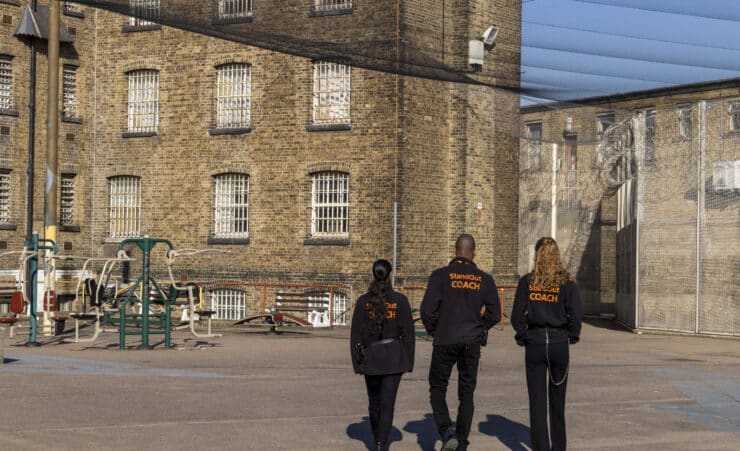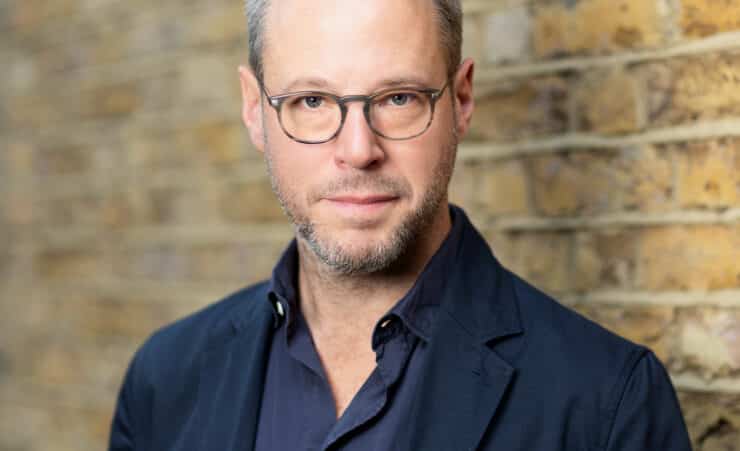
Reflections on ‘unrestricted funding’
Launched in 2006, Sussex Community Foundation had, up until 2013, almost exclusively focused on providing small one-off grants of up to £5,000 to charities and community groups across Sussex. In 2013, after an internal review of our grant strategy our trustees wished to develop a ‘mixed economy’ of grant-making – including larger and smaller grants – and to combine proactive and responsive approaches. At that time, we were approached by the Blagrave Trust, which had previously worked with a number of other community foundations. They wanted to expand their work into Sussex and wished to work with the Foundation on a project which would have mutual strategic benefit.
We shared the Blagrave Trust’s goal of exploring the value of unrestricted grants. With this in mind, our discussions with the Blagrave Trust led to a three-year grant programme which has enabled us to develop a process for making larger grants, and both parties to test out an unrestricted grant-making programme. This evaluation report examines the midpoint of this programme and identifies the lessons learnt by the two grant-making partners and the outcomes achieved by the grant recipients.
At the same time, the Foundation invested in a developmental project in North East Hastings, selected by the trustees as a pilot proactive grant.
What did we learn from this evaluation?
The report makes it very clear, and it is no surprise, that these larger grants have been beneficial for the organisations concerned. It was interesting that our initial idea of ‘unrestricted funding’ developed into ‘strategic funding’. Our assessment process, like many grant makers, was designed to assess projects, and initially both applicants and assessors found it hard to move away from this.
However, we did develop a clear process for assessing the potential strategic impact for applicant organisations and agreeing developmental goals with each successful organisation, and this has clearly been beneficial to the recipient groups.
This emphasis on ’strategic funding’ that has developed for this programme – inviting applicants to identify what they need in order to strengthen the organisation and to put the case for the resources to implement these changes – appears to have been valuable and is one that we aim to explore further.
The report also makes recommendations about how Sussex Community Foundation could play a greater role in supporting the development of local charities. We need to consider how this relates to our goal of supporting a large number of local organisations, and perhaps whether we should target specific kinds of organisation for strategic support.
There are clearly issues that we need to investigate further and so we will undertake a final evaluation at the end of the three-year grant programme to identify:
- How have the four organisations funded changed over the period of the grant?
- Did they achieve their stated objectives?
- Did their objectives change?
- Are the organisations stronger, larger or more effective than in 2014 (using quantitative and qualitative data)?
- What do the organisations attribute to the grant? How would they evidence this?
- How could we identify criteria which will help us to assess whether an organisation is in a position to make best use of a strategic grant?
- What was the impact for unsuccessful applicants? Would they have preferred a larger number of small grants with a greater chance of success?
What will Sussex Community Foundation do differently in future?
As a result of this evaluation, we now plan to evaluate all our large grants programmes, comparing the results of this programme with the Foundation’s proactive programme in Hastings and other large grants.
This report encourages us to run further strategic development grants, where funding allows, using the findings of this report to design assessment criteria and process. We are pleased that the recipients of large grants have valued our approach of working with them to devise relevant monitoring processes, so we will continue to develop this approach.
We will consider whether elements of this strategic approach could be incorporated into smaller grant programmes. Finally, we will consider whether Sussex Community Foundation should specifically aim to support the infrastructure and capacity of organisations themselves.
What recommendations would we make to other funders?
Sussex Community Foundation would encourage other funders and donors to look into the idea of strategic development grants. They could be a very effective way of achieving charitable objectives and make for a stronger and more resilient voluntary sector.
‘The strategic nature of the initial grant offer has given us the confidence to invest in capacity building and strategic development that we would not have had otherwise’
‘This funding has allowed us to ‘think outside the box’ and has given us the confidence to push forward in our plans’
By offering longer term, unrestricted funding in this way we have seen how organisations have been able to grow and develop, be more forward thinking and independent, which is a great investment for the grants we are able to offer.


